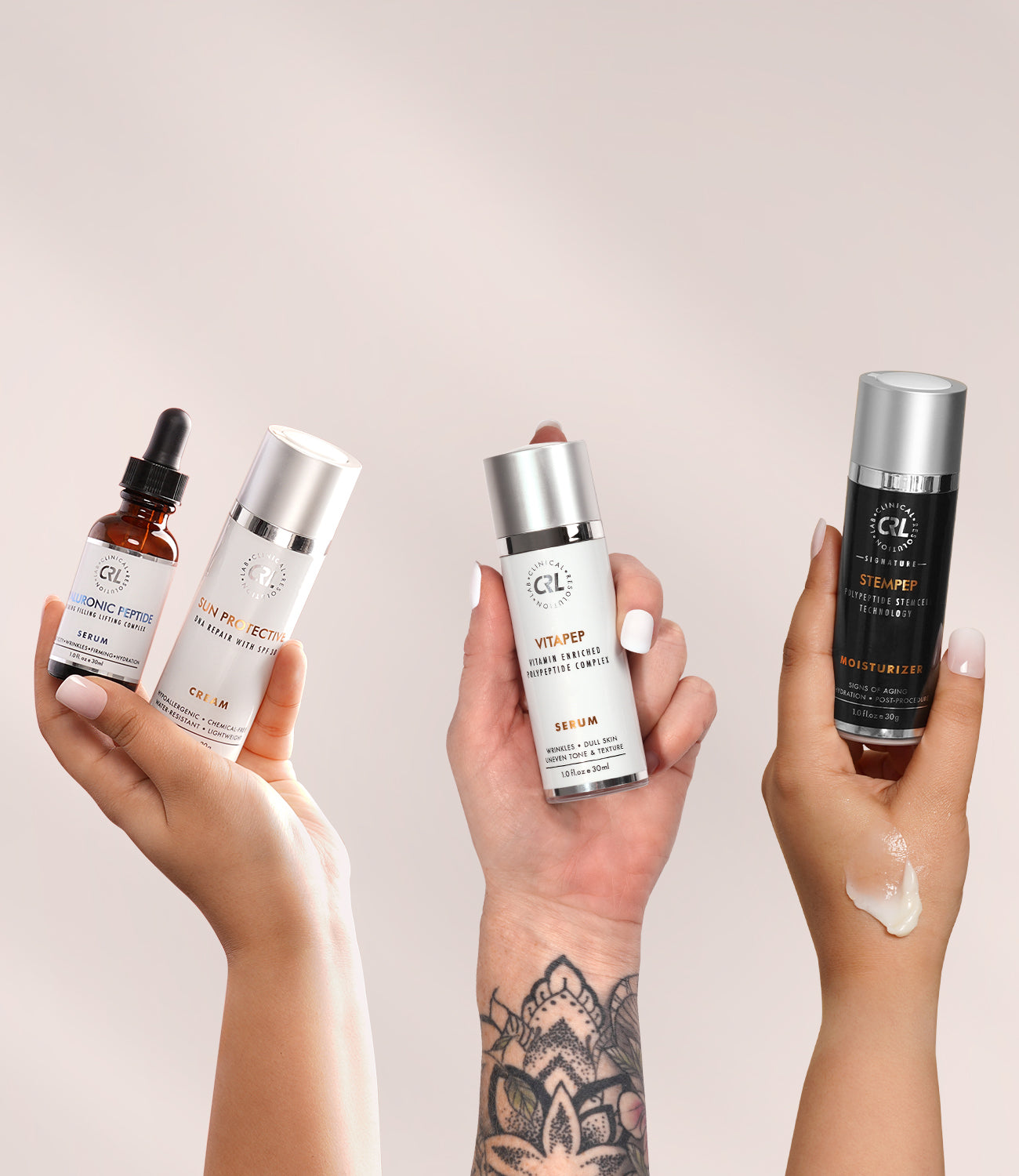
Dry skin is something many of us have experienced at some point, whether it’s a mild case of flakiness or persistent tightness and itching. While it might seem like a small nuisance, dry skin can be uncomfortable, affect your confidence, and even lead to more serious issues like irritation and premature aging.
What is Dry Skin?
Dry skin, or xerosis, occurs when your skin lacks enough moisture or natural oils (lipids) to maintain a healthy barrier. The skin’s outermost layer, the stratum corneum, acts as a protective shield. When this barrier is compromised, water can escape more easily, causing the skin to become rough, flaky, and irritated.
Common Causes of Dry Skin
1. Environmental Factors
- Cold, dry weather: Winter air can be harsh, especially if you’re exposed to indoor heating and cold outdoor winds.
-
Low humidity: Air conditioning and heating systems reduce moisture in the air, drying out your skin.
- Sun exposure: UV rays damage the skin’s barrier, making it less effective at retaining moisture.
2. Hot Showers and Harsh Cleansers
-
Hot water strips away natural oils, leaving your skin dry and tight.
- Harsh soaps and cleansers can disrupt the skin’s pH balance and wash away protective lipids.
3. Aging
- As we age, our skin naturally produces less oil (sebum). This means older adults often experience drier skin, especially on the arms and legs.
4. Underlying Skin Conditions
-
Conditions like eczema (atopic dermatitis) and psoriasis can cause chronic dryness, itching, and inflammation.
- Even rosacea can lead to dry, sensitive skin in certain areas.
5. Lifestyle Factors
-
Dehydration: Not drinking enough water can impact your skin’s hydration.
-
Diet: Diets low in healthy fats (like omega-3s) can contribute to dryness.
- Smoking and alcohol: Both can weaken the skin barrier and reduce moisture retention.
6. Medications and Medical Treatments
-
Certain medications like retinoids, diuretics, or cholesterol-lowering drugs can make the skin more prone to dryness.
- Cancer treatments, like chemotherapy, often cause dry and sensitive skin.
How to Combat Dry Skin
The good news? Most cases of dry skin can be improved with a few simple adjustments:
Moisturize frequently: Use creams or ointments that contain hydrating ingredients like hyaluronic acid, ceramides, or glycerin.
We recommend our Hyaluronic Peptide Serum to be used daily. This serum hydrates deeply, nourishes, and shields the skin. It also contains calming antioxidants that help minimize redness, irritation, and sensitivity. Enriched with anti-aging multi-peptides and EGF, it also works to brighten the complexion and visibly reduce the look of wrinkles.
Explore our wide range of products available to tackle dry skin: Dry Skin Collection
Choose gentle cleansers: Look for fragrance-free, pH-balanced products.
Use lukewarm water: Hot water might feel relaxing but can strip natural oils.
Humidify your space: Especially in winter, using a humidifier can keep the air (and your skin) more hydrated.
Drink plenty of water: Hydration starts from within.
Protect your skin from the elements: Sunscreen, hats, and scarves help reduce environmental damage.
When to See a Dermatologist
If your dry skin is severe, doesn’t improve with home care, or is accompanied by redness, cracking, or bleeding, it’s worth checking in with a dermatologist. They can help determine if there’s an underlying condition and recommend tailored treatments.



